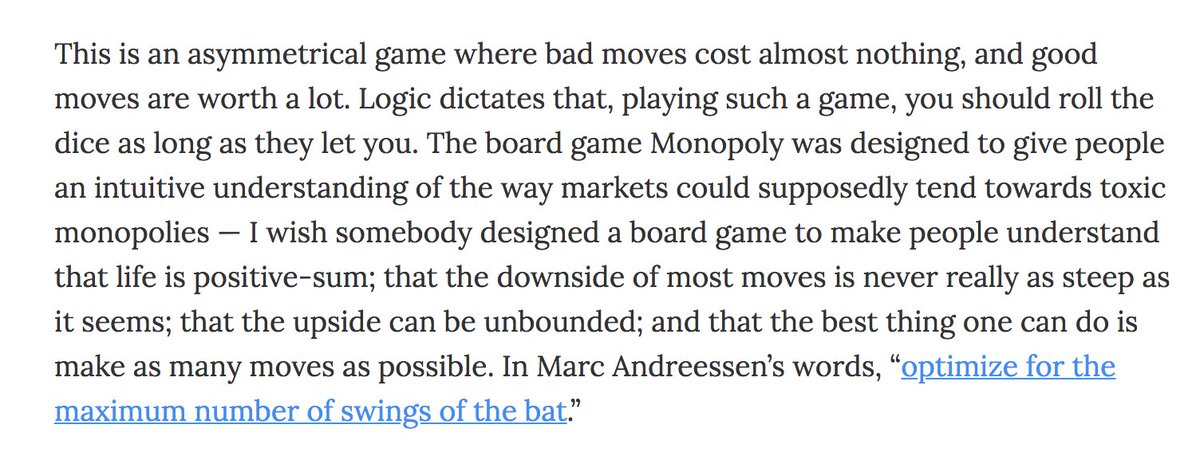Davido’s A Better Time is good but not a Quality album.
A SHORT THREAD.

But is it great? No.
Is this Davido’s best? No.
The production? Sounds rushed.
The A&R(on features)was good, but not spectacular. They could have
For example you have a huge song with Chris brown already, a song that peaked #3 on Billboard World digital Songs, why does he have to be on the album again?
(Nicki minaj was a great choice btw)
Still on A&R
And why is Mayorkun on 2 songs?
That’s why I like the fact that
Secondly, as far as they’re a lot of
Hits/bangers on the album, Something fishy, The best, very special etc (see ehn, when clubs resume, we go dance tiree!!) the album can’t fit into other Nigerian markets.
Soul listeners won’t even play it twice.
But you can’t deny the fact that Davido has mastered the act of making hits. He never misses!
In the whole NGN industry, ONLY Olamide can go H2H with Davido when it comes to hit
But when you’re putting out a body of work, the approach should be better please, not just bangers all through.
Same thing happened with Omo Baba Olowo, Son of Mercy & A Good time.
Lastly, is there any song on the Album that connotes “A better Time”?
You may choose to
More from Song
You May Also Like
1/ 👋 Excited to share what we’ve been building at https://t.co/GOQJ7LjQ2t + we are going to tweetstorm our progress every week!
Week 1 highlights: getting shortlisted for YC W2019🤞, acquiring a premium domain💰, meeting Substack's @hamishmckenzie and Stripe CEO @patrickc 🤩
2/ So what is Brew?
brew / bru : / to make (beer, coffee etc.) / verb: begin to develop 🌱
A place for you to enjoy premium content while supporting your favorite creators. Sort of like a ‘Consumer-facing Patreon’ cc @jackconte
(we’re still working on the pitch)
3/ So, why be so transparent? Two words: launch strategy.
jk 😅 a) I loooove doing something consistently for a long period of time b) limited downside and infinite upside (feedback, accountability, reach).
cc @altimor, @pmarca

4/ https://t.co/GOQJ7LjQ2t domain 🍻
It started with a cold email. Guess what? He was using BuyMeACoffee on his blog, and was excited to hear about what we're building next. Within 2w, we signed the deal at @Escrowcom's SF office. You’re a pleasure to work with @MichaelCyger!
5/ @ycombinator's invite for the in-person interview arrived that evening. Quite a day!
Thanks @patio11 for the thoughtful feedback on our YC application, and @gabhubert for your directions on positioning the product — set the tone for our pitch!

Week 1 highlights: getting shortlisted for YC W2019🤞, acquiring a premium domain💰, meeting Substack's @hamishmckenzie and Stripe CEO @patrickc 🤩
2/ So what is Brew?
brew / bru : / to make (beer, coffee etc.) / verb: begin to develop 🌱
A place for you to enjoy premium content while supporting your favorite creators. Sort of like a ‘Consumer-facing Patreon’ cc @jackconte
(we’re still working on the pitch)
3/ So, why be so transparent? Two words: launch strategy.
jk 😅 a) I loooove doing something consistently for a long period of time b) limited downside and infinite upside (feedback, accountability, reach).
cc @altimor, @pmarca

4/ https://t.co/GOQJ7LjQ2t domain 🍻
It started with a cold email. Guess what? He was using BuyMeACoffee on his blog, and was excited to hear about what we're building next. Within 2w, we signed the deal at @Escrowcom's SF office. You’re a pleasure to work with @MichaelCyger!
5/ @ycombinator's invite for the in-person interview arrived that evening. Quite a day!
Thanks @patio11 for the thoughtful feedback on our YC application, and @gabhubert for your directions on positioning the product — set the tone for our pitch!





















